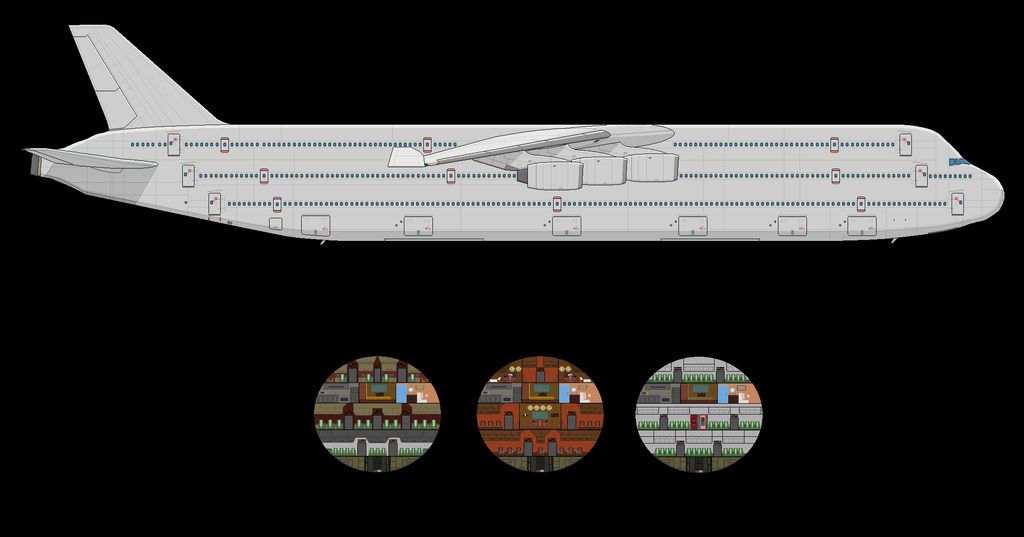When traveling on a private jet, it’s important to be aware of the restrictions regarding the type of cargo or items you can bring on board. Understanding these restrictions is crucial for a safe and smooth journey. This article explores the various limitations and considerations when it comes to carrying cargo on private jets.
Key Takeaways
- Types of items prohibited on private jets vary depending on the regulations and policies of the specific jet operator.
- Hazardous materials require special permissions and handling procedures when being transported on a private jet.
- It is essential to declare any restricted items or cargo before the flight to ensure compliance with aviation regulations.
- Certain items such as firearms, flammable liquids, and live animals may be restricted or prohibited on private jets.
- Compliance with cargo restrictions is vital for the safety of passengers, crew, and the aircraft during the flight.
Understanding Cargo Restrictions on Private Jets
Types of Items Prohibited on Private Jets
When chartering a private jet, you might think the sky’s the limit when it comes to what you can bring aboard. However, even the most luxurious private flights have their no-fly zones when it comes to cargo. Certain items are strictly off-limits, and for good reason. Safety is paramount, and the rules are in place to ensure a secure and pleasant journey for all.
Private jets adhere to regulations that prohibit a range of items from being transported. These restrictions are similar to commercial flights but can be more stringent due to the smaller size and private nature of the aircraft. Here’s a quick rundown of what’s not allowed:
- Explosive or Flammable Items
- Corrosive Substances
- Toxic and Infectious Substances
- Radioactive Material
- Disabling Devices
It’s essential to be aware of these restrictions to avoid any disruptions to your travel plans. Remember, declaring any questionable items before your flight is not just a courtesy—it’s a requirement.
Understanding these limitations is the first step to a hassle-free private jet experience. Always consult with your charter company for the most up-to-date information on prohibited items and make sure your luggage complies with the latest aviation safety standards.
Special Considerations for Hazardous Materials
When it comes to flying high with hazardous materials, the sky is not the limit. Navigating the regulations for hazardous cargo on private jets requires careful attention to detail. Certain materials may be permitted on board, but only under strict guidelines that ensure the safety of all passengers and crew. For instance, a Certificate of Approval for Air Transport (CAA) is mandatory for specific hazardous items, which may need official approval regarding their hazard classification or packaging.
Here’s a quick rundown of the steps to follow when considering the transport of hazardous materials:
- Identify if your item is classified as hazardous.
- Obtain the necessary documentation, such as a CAA.
- Ensure that the packaging meets the required safety standards.
- Declare the items to the private jet operator well in advance of your flight.
Remember, the onus is on you to declare any hazardous materials you wish to transport. Non-disclosure can lead to serious legal consequences and jeopardize the safety of the flight.
Always consult with your private jet operator or a specialized consultant to verify that your cargo complies with the latest regulations. Staying informed and prepared is the key to a smooth and safe journey.
Importance of Declaring Restricted Items
When it comes to private jet travel, transparency is your co-pilot. Declaring restricted items is not just a formality; it’s a critical step in ensuring a smooth and hassle-free journey. Whether you’re carrying artwork, luxury goods, or equipment for a special event, customs and immigration authorities require a clear inventory of what’s on board.
Failure to declare or inaccurately reporting your cargo can lead to delays, fines, or even the confiscation of items. It’s essential to understand the specific customs or immigration requirements for your destination. Documentation and paperwork, including passports and visas, are essential for international private jet travel. Customs procedures involve declaring goods and may require additional inspections or documentation.
Remember, the integrity of your travel plans hinges on the accuracy of your cargo declaration.
Here’s a quick checklist to keep in mind before you take off:
- Ensure all items are properly documented.
- Verify if any permits or special paperwork are needed for sensitive items.
- Consult with your jet operator or a travel specialist if in doubt.
- Keep a detailed inventory that’s easily accessible during your trip.
Frequently Asked Questions
What items are prohibited on private jets?
Certain items such as explosives, flammable liquids, and firearms are typically prohibited on private jets for safety reasons.
Can I bring pets on a private jet?
Most private jet operators allow pets on board, but it’s important to check with the specific operator for their policies and any restrictions.
Are there restrictions on the size of luggage I can bring on a private jet?
While private jets have more flexibility with luggage compared to commercial airlines, there may still be limitations based on the size and weight of the aircraft.
Do I need to declare valuable items I bring on a private jet?
It’s advisable to declare valuable items to the private jet operator to ensure proper handling and security during the flight.
Can I bring my own food and drinks on a private jet?
In most cases, passengers are allowed to bring their own food and drinks on a private jet, but it’s recommended to check with the operator for any specific guidelines.
Are there restrictions on carrying medical equipment or medications on a private jet?
Passengers with medical conditions may bring necessary equipment and medications on a private jet, but it’s important to inform the operator in advance for any special arrangements.

